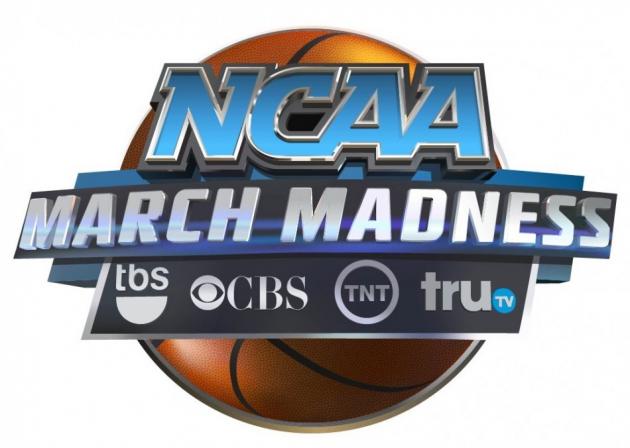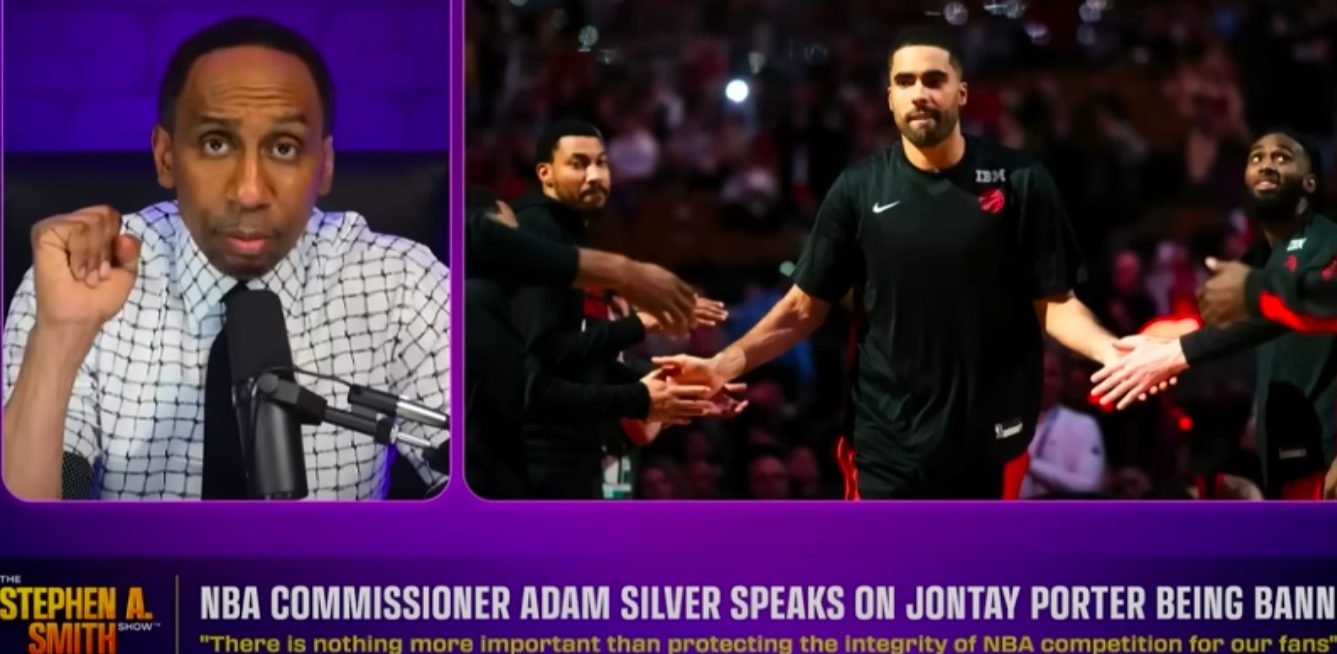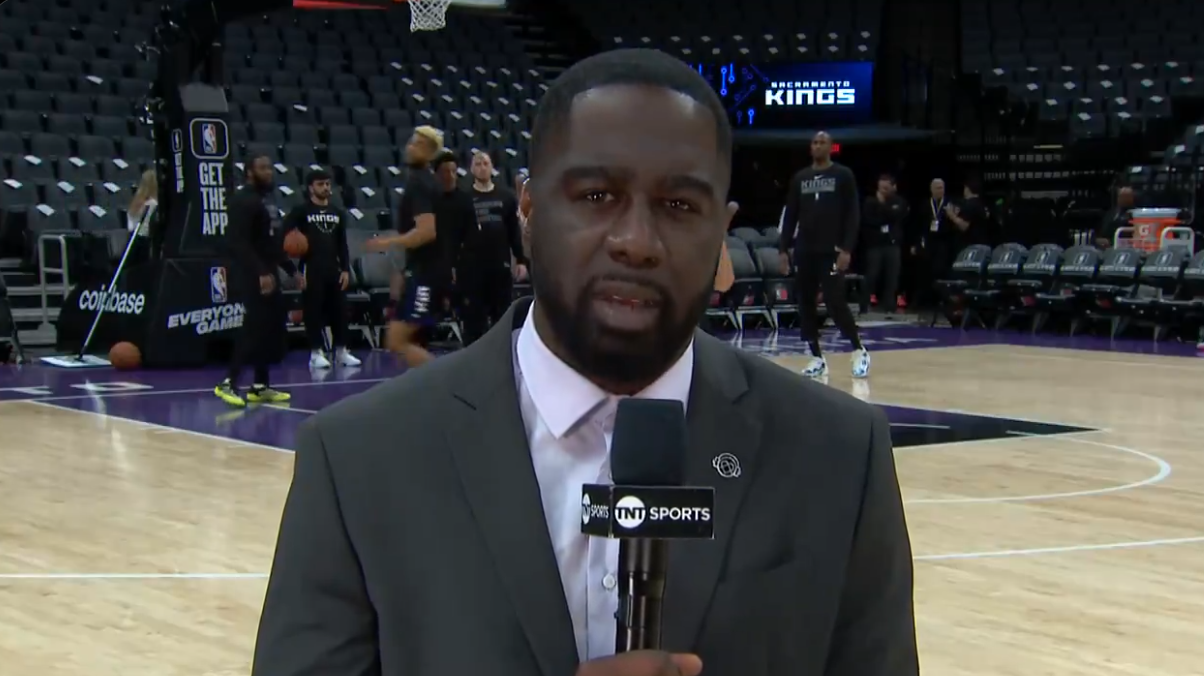Once the NCAA Tournament bracket is revealed on Selection Sunday, you’re probably going to go about whatever method you usually do to fill it out and choose your National Champion. But Microsoft-owned Bing is aiming to help you a little bit through their new position as the “official bracket data partner” of the NCAA and March Madness. Bing is analyzing ten years of data in an attempt to make creating your bracket easier this year.
As part of this partnership, NCAA has pulled 10 years of raw historical data about teams, tournaments, win loss ratio, home vs. away stats, etc. and provided it to Microsoft’s Walter Sun, principal applied science manager, to analyze and review. After culling through the information, running through Bing’s algorithms and leveraging machine learning, Walter and his team have been able to identify key patterns over the years that contribute to a team’s success.
The results of this data review and NCAA partnership will be showcased following Selection Sunday™ with Bing’s new NCAA bracket building tool designed to help fans complete their brackets.
I like data as much as the next guy, but I think there is such a thing as having too much data. It’ll be cool to look at the trends and patterns that Bing is able to provide to the public, but how much predictive value will there really be with that data? Considering the incredible amount of turnover on college rosters each year because of graduation and the NBA Draft, does something that happened with John Wall and DeMarcus Cousins at Kentucky five years ago really matter for this year’s juggernaut UK team?
I’m also dreading the Bing data getting slammed by the broadcasters, especially if Charles Barkley shows up on set again. Maybe if “data” or “statistics” is said instead of “analytics”, there won’t be a giant uproar that turns March Madness into another session of stat-shaming.
[Bing]







Comments are closed.